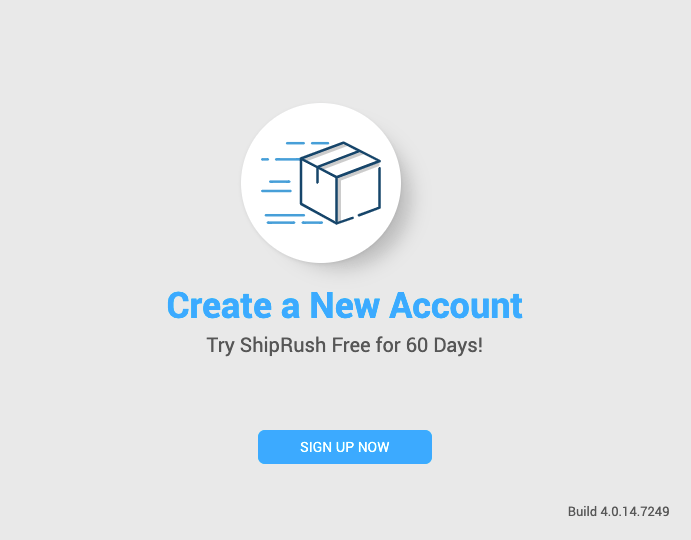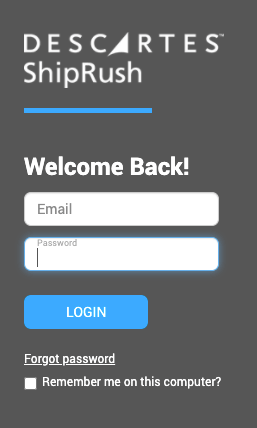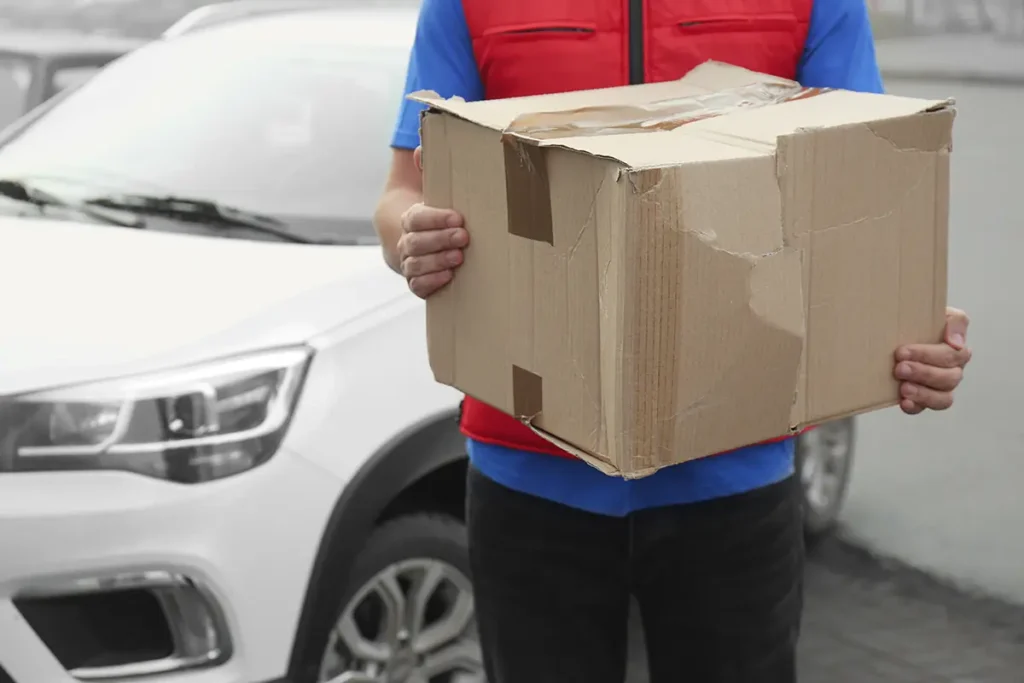
Table of Contents
- What is Shipping Insurance for Ecommerce?
- Types of Shipment Protection
- When to Pay for Shipping Insurance
- What to Expect from Your Insurance Provider
- Key Takeaways
Let’s face it—sometimes, orders don’t reach your customer in one piece—or at all. The frustration and time spent on back-and-forth conversations between you, your customer, and the carrier may leave you wondering if ecommerce shipping insurance could have prevented your current headache. While shipping insurance can’t prevent headaches from occurring, it can help you quickly respond to your customers without worrying about your bottom line. Shipping insurance is a “pain reliever” when those headaches occur.
Whether or not to invest in ecommerce shipping insurance is an important decision, especially if you’re trying to reduce operational costs. Major carriers like USPS, UPS, and FedEx cover liability for declared value up to a certain amount at no extra charge. When does it make sense to purchase shipping insurance beyond the free coverage?
Depending on what kinds of items your business ships, the likelihood of package theft in specific geographies, or how highly you prioritize customer satisfaction, additional coverage may be essential for the customer’s sake and to protect your business. Let’s look at shipping insurance for ecommerce, how it works, and when to pay for it.
What is shipping insurance for ecommerce?
Shipping insurance is extra coverage purchased from an insurance agent to reimburse shippers for shipment damage, theft, or loss during transit. It extends beyond the free coverage offered by carriers to provide extra protection and reduce friction in the claims process. This type of insurance helps ecommerce businesses minimize financial loss and customer dissatisfaction if things go wrong during shipping and home delivery.
Carrier Liability vs. Shipping Insurance
Before we explore shipping insurance in depth, let’s discuss carrier liability, or “declared value coverage”—it’s not the same as shipping insurance. Typically, all-risk shipping insurance protects the insured without needing to prove the carrier is at fault.
In contrast, carrier liability only pays out if you can prove the carrier was at fault, and typically, if they do admit fault, they pay out on terms very advantageous to the carriers. Comparatively, ecommerce shipping insurance gives you a better claims experience than carrier liability with hassle-free processes and fast payments of approved claims.
What are the different types of shipment protection?

Free Declared Value Coverage
Best for: Small ecommerce business with a tight budget
Example: USPS Priority Mail Express & Priority Mail
Carriers provide this type of coverage at no extra cost. Eligibility depends on each shipment’s total declared order value and covers lower-value shipments up to a maximum value, usually $100. This type of coverage is perfect if you’re running a small online shop and need a simple, budget-friendly way to cover normal shipping risks.
Paid Declared Value Coverage
Best for: Sending products valued above $100 that can be easily repaired or replaced
Example: FedEx Declared Value
Some carriers offer a paid option for declared value coverage higher than the $100 max coverage customarily included. Paid declared value coverage differs from shipping insurance because it only provides reimbursements if the shipper can prove the damage. Also, the amount paid equals the shipment’s repair cost, depreciated value, or replacement cost—whichever is less—not the total order value plus shipping costs.
Third Party Shipping Insurance
Best for: Safely shipping items with a faster claims experience; package theft protection
Example: Total Shipping Protection by XCover
Third-party shipping insurance exceeds the free and paid maximum liability coverage carriers offer. It covers shipments while in transit as well as losses stemming from porch piracy, offering quicker claims processing and higher payouts. The insurance broker pays reimbursements even if loss or damage was due to the carrier’s negligence. The amount paid reflects the total value of the shipment plus shipping costs to prevent financial losses.
When do I need shipping insurance?
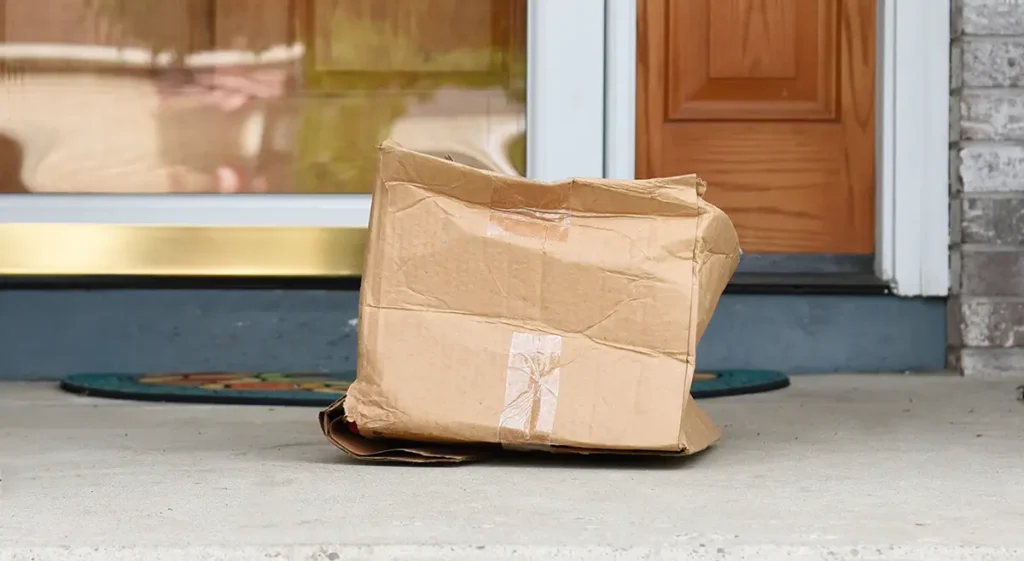
It makes sense to use ecommerce shipping insurance for any shipment, regardless of price, if you’re looking to protect fragile or unique items, or you highly value providing an excellent customer experience.
Need a Better Customer Experience
If you want a quicker claims experience that enables you to better address customer needs, shipping insurance is the best option to bypass minimum wait times that carriers mandate before loss notification. It also provides more full coverage without the hassle of requiring your customer to prove the carrier was at fault for a loss.
Shipments with High Order Values
When shipping high-value items, carriers only offer free coverage up to a specific dollar amount. USPS covers up to $100 and FedEx up to $100 of declared value for certain services. For UPS, each location is individually owned and operated, so declared value prices may vary. Contact your neighborhood UPS location for declared value pricing.
If your shipment’s total order value exceeds $100, you will likely need to purchase shipping insurance or pay to raise the limit of liability above the standard $100.
Shipping Fragile or Unique Items
If your business frequently ships fragile or unique items, regardless of order value amount, ecommerce shipping insurance is vital. This is especially true if the items are challenging to repair or replace. When repairing or replacing an item that costs more than the insurance does, paying for comprehensive coverage and peace of mind makes sense.
Remember to consider customer satisfaction and the loss of repeat business. Did customers leave negative reviews after receiving broken items? Would it be worth insuring these items to reduce friction in the claims process and increase customer satisfaction?
Areas at Risk of Package Theft
Package theft, or porch piracy, affects millions of consumers and businesses annually. According to survey results published by Safewise, out of 5,000 Americans surveyed who experienced package theft, here’s how people recovered their losses:
- 47% received a replacement item from the seller.
- 37% received a refund from the seller.
- 15% received a refund from the carrier who delivered the package.
- 6% recovered the package from the thief.
Customers often expect the seller to refund or replace the stolen order, which places your business at financial risk if porch piracy occurs. Shipping insurance can mitigate those losses.
What should I expect from a shipping insurance provider?

Integration and Easy Setup
Choose ecommerce shipping insurance that fully integrates with your shipping software for easy setup. Instead of bouncing between multiple platforms, your shipment data should seamlessly flow between the carrier accounts and the insurance provider to avoid double data entry, keyed entry errors, and wasted time. Live support for setup is a bonus.
A User-Friendly Digital Claims Process
Any company offering insurance should have a quick, user-friendly online claims process. The digital process should be straightforward, allowing you and your customers to easily file claims, check claims status, and collect reimbursements. Read customer reviews to ensure the company provides a positive experience.
Fast Payouts
Look for a shipping insurance provider that approves and pays claims quickly within 1-3 days of approval. Fast payouts prevent you and your customers from being left out of pocket while waiting for the money to arrive. With quick turnaround times for claims, you will mitigate customer frustration and regain cash flow for your business faster.
What are the key takeaways about shipping insurance?
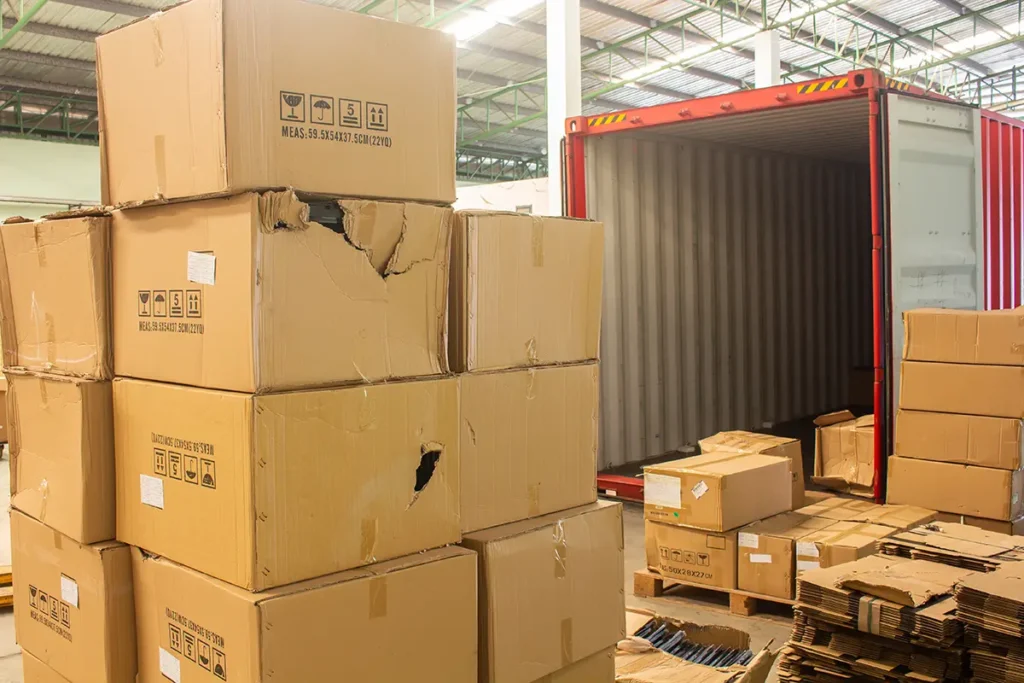
Ecommerce shipping isn’t just about getting products from your business to the customer. It’s about successful, on-time delivery with your product intact and safely received by your customer. Even with a reliable carrier, things can still go wrong during shipping, putting your business’s profitability, customer relationships, and overall reputation on the line. Insurance helps.
1. Provides full coverage beyond $100 declared value
Third-party shipping insurance provides comprehensive coverage beyond the free $100 max declared value coverage offered by carriers. Insurers can offer various policies to match a seller’s situation, even covering loss, damage, and theft up to $10,000 for parcels and $100,000 for LTL.
2. Covers a wider range of damages
While carrier liability coverage usually only reimburses damages that you can prove were the carrier’s fault, third-party shipping insurance covers a much wider range. Coverage can include package theft, damage during transit, lost packages, and more.
3. Protects the bottom line with full reimbursement
Unlike maximum order value coverage carriers provide—which is often limited to damages you can prove and only reimburses repair or replacement costs—ecommerce shipping insurance may reimburse the total order value, including shipping and reshipping costs, with no deductible.
4. Builds customer loyalty and protects repeat business
By utilizing shipping insurance, you can ensure that your customer has a positive experience in the unlikely event of shipment damage, theft, or loss. By minimizing customers’ frustration, you will increase the likelihood that they will trust you and order from your business again.
What does Descartes ShipRush offer for shipping insurance?
Descartes ShipRush partners with Cover Genius to provide Total Shipping Protection (TSP) via XCover, a simple, full-service, and award-winning shipping insurance solution. Whether you require shipping insurance for all shipments or just certain SKUs or geographies, our shipping software provides a user-friendly way to apply TSP shipping insurance to shipments from any carrier via automation rules.
Benefits of Total Shipping Protection:
Full Coverage Shipping Insurance
XCover, a platform of Cover Genius, offers a range of policies to match a seller’s situation, whether transporting a larger shipment through Less Than Truckload (LTL) or small parcel shipping.
The Parcel Protect policy is tailored for smaller, individual parcel shipments. It covers loss, damage, and theft (including porch piracy) for parcels with up to $10,000 coverage. For larger shipments, the LTL Protect policy plan covers loss and damage for LTL shipments with up to $100,000 coverage.
Rapid Reimbursement
Total Shipping Protection claims are handled up to 20 days faster than traditional carrier insurance†, and you don’t have to file a claim with your carrier. Claims are reviewed quickly, and customers receive fast payments of approved claims via the XCover platform.
Reduced Costs
Total Shipping Protection provided by Cover Genius via XCover covers up to $10,000 for parcels and $100,000 for Less-than-truckload (LTL) shipping for most goods. There is no deductible, and Total Shipping Protection also covers return shipping and reshipping costs for parcels, further reducing costs.
Coverage of Repair Costs
For unique, irreplaceable items damaged in transit, Total Shipping Protection covers repair costs. Shippers of fragile items like glassware, ceramics, and jewelry can receive repair cost reimbursement up to the covered limits shown on the plan terms. See the policy wording for sub-limits and additional conditions to coverage.

About the Author
Troy Graham is Vice President of Business Development for Descartes’ ecommerce suite of solutions. His area of expertise includes warehouse automation, parcel shipping, fulfillment, and ecommerce sales channel integrations with other programs. Troy brings over 15 years of experience in ecommerce-related technology and optimizing fulfillment operations.
† Time savings based on average resolution times (i.e., the duration from initial filing to completed payment) for all XCover shipping protection claims as of May 31, 2022 (sample size = 868)
DISCLAIMER:
Total Shipping Protection insurance is administered and sold by Cover Genius Insurance Services, LLC, a licensed agent of CNA, via XCover.com, a Cover Genius platform. Our U.S. insurance producer license information is available here; California lic. no. 6000406. View the terms and conditions, exclusions apply.






